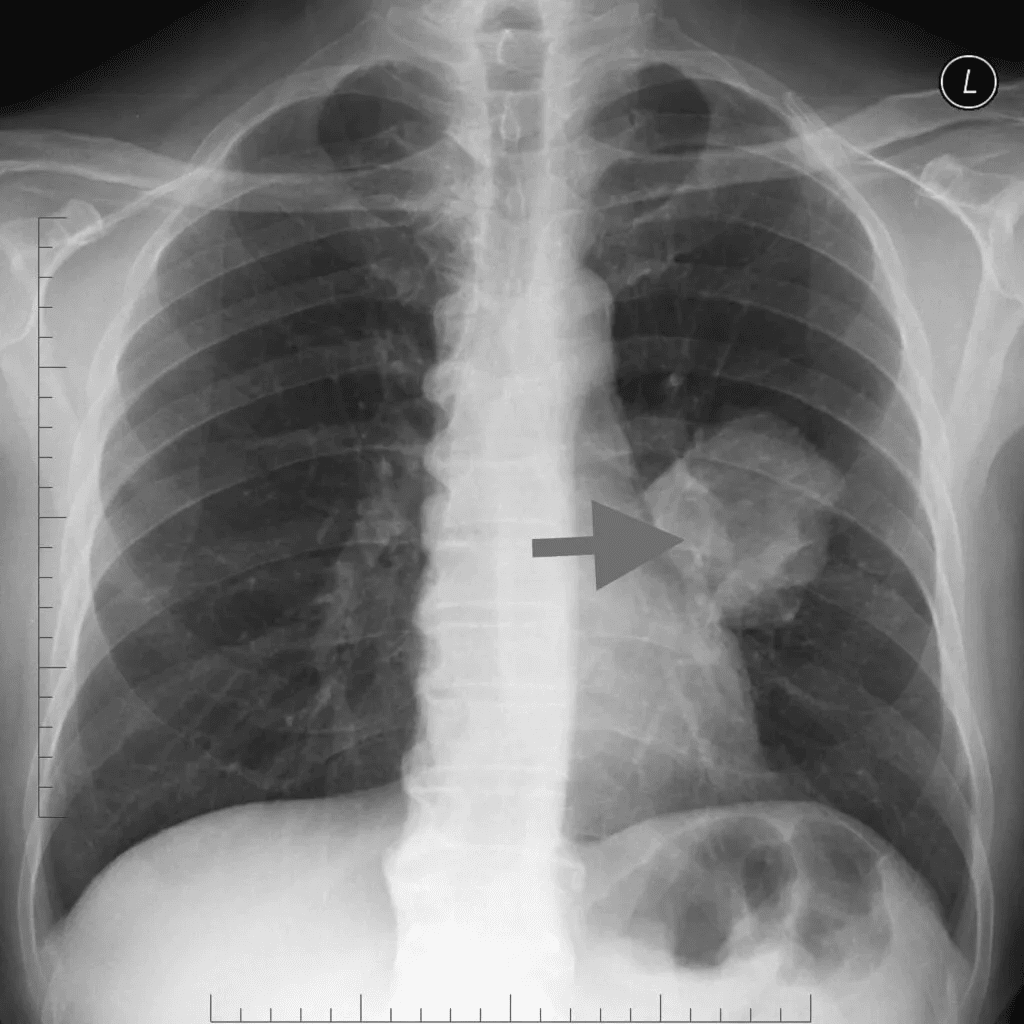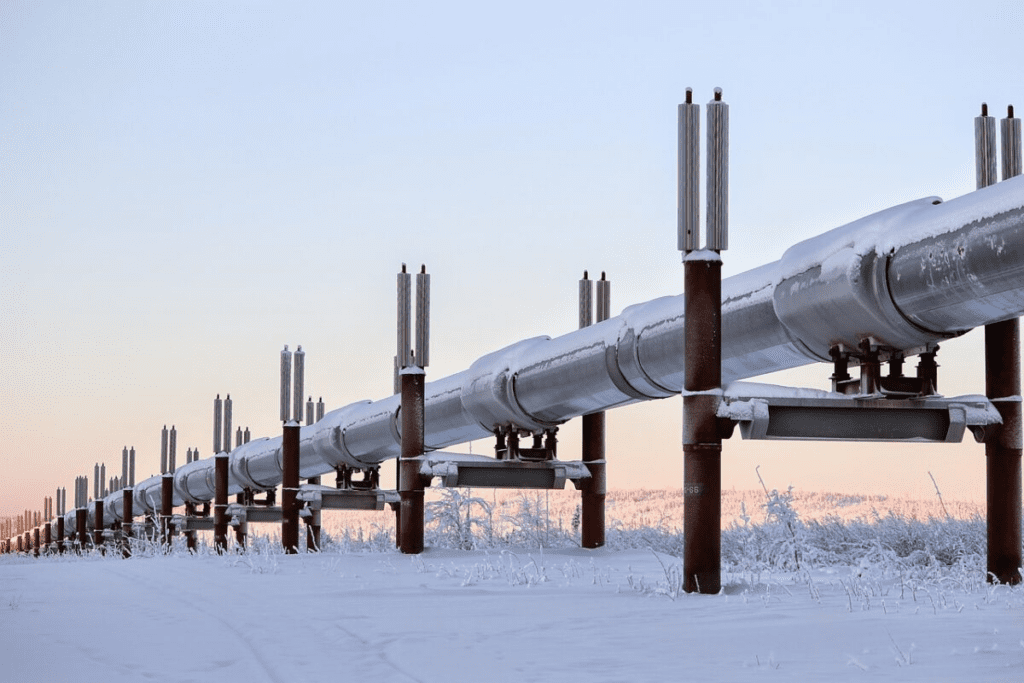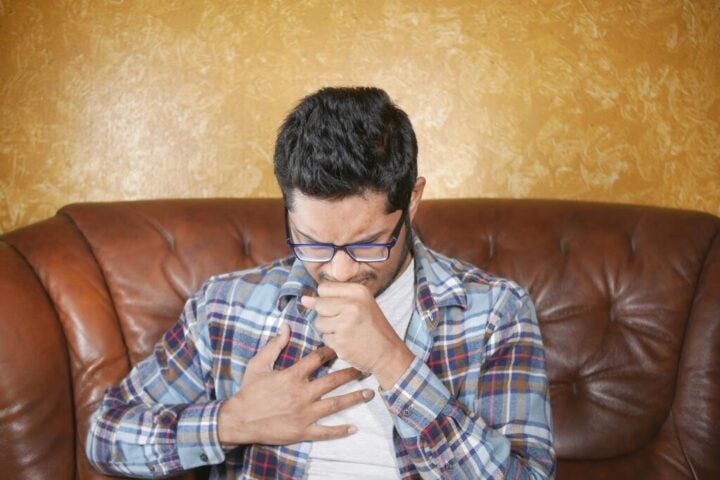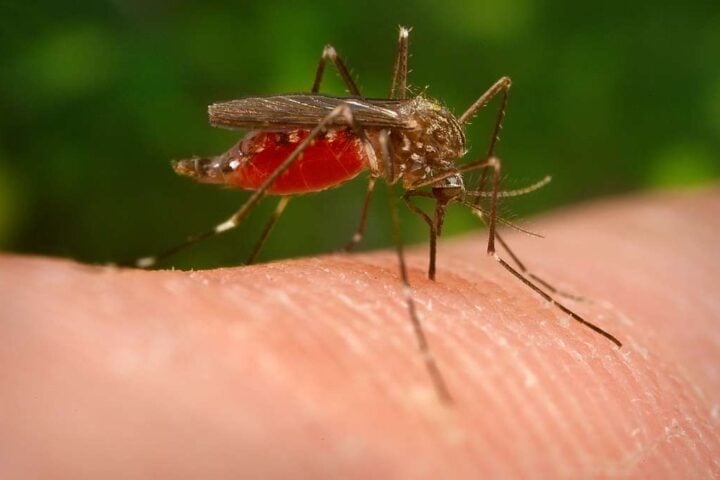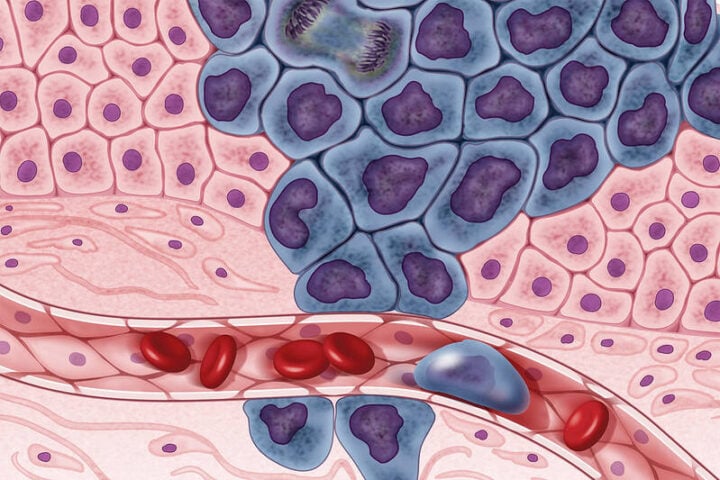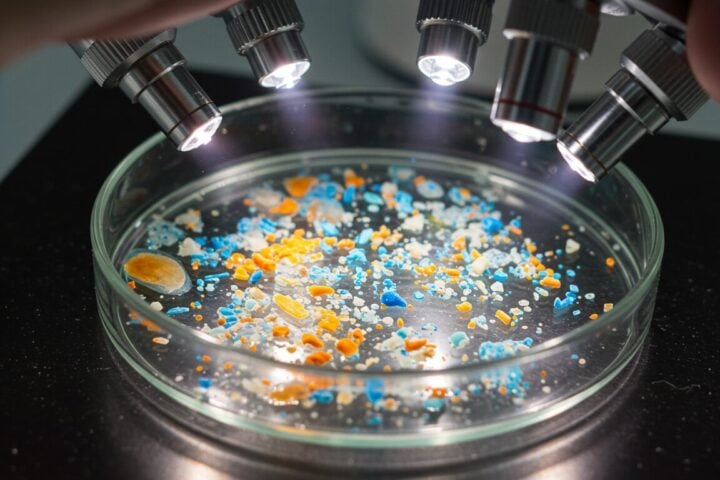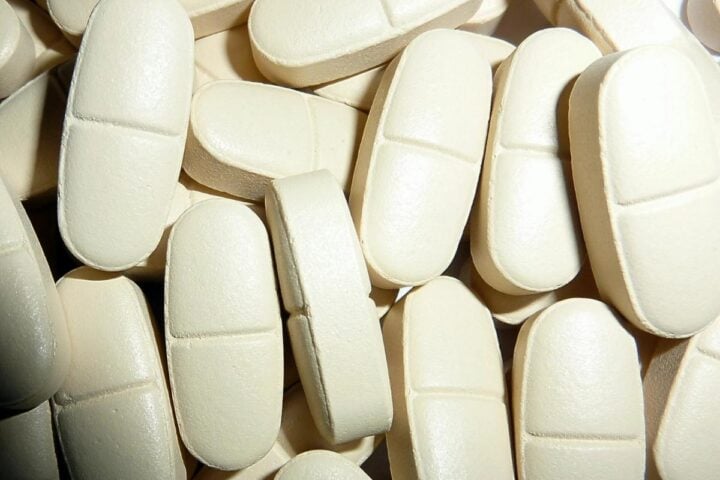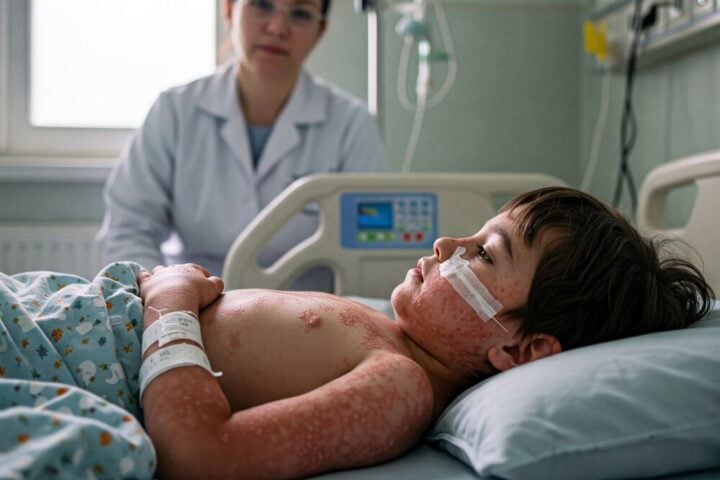According to data obtained from the Brihanmumbai Municipal Corporation (BMC) through an RTI application, lung cancer deaths rose by nearly 49% in Mumbai between 2009 and 2021. The highest number of cases was recorded in 2018, with 1,006 lung cancer deaths. In 2020, deaths fell to 802, which may be related to the Covid-19 pandemic. The rise in lung cancer deaths is thought to be due to a long exposure to air pollution, tobacco consumption, and improved death certification procedures. The RTI application was filed by Shaikh Faiyaz Alam, president of NGO Govandi New Sangam Welfare Society.
Causes of Mumbai’s poor air quality
Experts attribute the significant deterioration in Mumbai’s Air Quality Index (AQI) to the dust and smoke from vehicles, roads, and construction activities, which NEERI and IIT-B say account for over 71% of the particulate matter load in Mumbai’s air. Furthermore, lowered wind speed across the west coast due to the La Nina effect reduces the dispersal of pollutants. Mumbai’s toxic air quality has contributed to an increase in respiratory ailments.
Mumbai’s air quality
Mumbai has witnessed a rise in pollution levels over the last few years, with air pollution levels being even higher than those in Delhi over the last one month. On most days, Mumbai reported ‘very poor’ air quality. The IQAir report, which partners with UNEP and Greenpeace, and uses India’s Central Pollution Control Board data to assess air quality, ranked Mumbai as the third most unhealthy city worldwide in terms of air quality.Additionally, the La Nina effect has caused lower wind speed, reducing the dispersal of pollutants.
Impact of air pollution on lung cancer
Health experts suggest that long-term exposure to air pollution, tobacco consumption, and improved diagnostic techniques have led to more people being diagnosed with lung cancer in Mumbai over the last decade. The F-South ward, which covers areas around the King Edward Memorial Hospital in Parel, reported the highest number of deaths between 2016 and 2021. Tobacco smokers are at higher risk of lung cancer compared to non-smokers, with 28% of the Indian population consuming tobacco in any form, which is responsible for 27% of all cancers and 1.2 million deaths annually.
- Whooping Cough Cases Double to 8,077 in 2025: CDC Warns Infants Face Highest Risk of Complications
- 46 % of Americans—156 M—Now Breathe Hazardous Smog and Soot: State of the Air Report Exposes Decade-High Pollution
- Protected: Article Link Adding in Web Story:
- 2026 Lexus ES Sedan Grows, Offers Electric Option With 0-62 MPH Below Six Seconds
- Queensland 3 JEV Cases Confirmed As Virus Detected In Central Region Pig
Way Ahead
Mumbai’s toxic air quality has resulted in a significant increase in lung cancer deaths over the past 12 years. Experts believe that the rise in lung cancer cases is due to a long exposure to air pollution, tobacco consumption, and improved death certification procedures. It is necessary to implement policies to reduce air pollution and tobacco consumption to mitigate the long-term effects on public health.
Air pollution is a severe problem that requires the collective effort of citizens, governments, and other stakeholders to tackle. Citizens can take measures such as reducing energy consumption, using public transport or carpooling, planting trees, and supporting clean energy initiatives. Authorities, on the other hand, can enforce stricter emission regulations for industries, promote green transportation, and invest in renewable energy sources. Additionally, policymakers can increase public awareness about the effects of air pollution and encourage people to take necessary actions. By working together, we can reduce the impact of air pollution on our health, the environment, and our planet’s future.
